Give 5: Steps to a Wellbeing Rights Framework focuses on what government and organisations can do to better tackle the mental health crisis. Take 5 Steps to Wellbeing is a public health campaign focusing on what individuals can do to improve their mental health. We can’t have one without the other.
Too often, people battling 'mental health' issues are made to feel like they are the problem. That there's something wrong with their brain, that they're weak, or that they haven't 'tried hard enough'. This only makes things worse.
We know that the world around us shapes us. Poverty, violence, discrimination, isolation and toxic cultures are often the real culprits. The evidence shows that there are serious failures in our systems causing devastating harm to individuals, families and communities. It's time for radical change. That time is now.
Give 5: Steps to a Wellbeing Rights Framework
People with lived experience, along with mental health workers, have created this rights-based framework. It outlines 5 steps which government bodies and organisations can act on to address the 'mental health' crisis.
Quick fixes and band-aid solutions might look good, but don't address the real issues. It's not just about more resources, but how and where the money is spent. We call on the government to adopt this framework and need your help.




People with lived experience may have survived human rights abuses by mental health services, and as such they have much insight into how mental health services can fail people. They can be powerful advocates for people-centred, recovery-oriented, human rights-based mental health care and for policy and legislation that protects their rights.World Mental Health Report: Transforming Mental Health for All. WHO. 2022.
Everyone has the right to participate in decisions which affect their human rights. This participation must be by choice, be active and most importantly, meaningful.
As well as being a core human right, the participation of people with lived experience of mental health is vital to ensuring that policies and services are appropriate and effective.
The reality however, both at global and local level, is of a vast gap that exists between the official narrative of consultation and co-production, and people's lived experiences of silencing and exclusion.
Deep power asymmetries continue to dominate, underpinned by a medicalised, hierarchical, mental health system. As a direct result, people all too frequently experience preventable harm within these outdated systems.
Encouragingly, grassroots communities are coming together to share their experience, knowledge, and wisdom of what has helped them to heal.
Common threads running through these diverse approaches and initiatives are the fundamental principles of dignity, voice, and agency. Being 'heard' is pivotal to healing.
At the global level, The WHO has compiled an inspiring report that showcases examples of good practice from around the world, in many diverse contexts.
You will find links below to a range of evidence sources that support Step 3: Take Notice. This is drawn from both international and local levels, including the United Nations and WHO, academic journals and books, parliamentary and NGO reports, alongside analysis by New Script for Mental Health.
Further links will be added on an ongoing basis.
Act now to endorse Give 5
Use the form below to show your support, as either an individual or an organisation. Additionally, you can choose to send an email to the Minister for Health, Mike Nesbitt, to urge him to endorse Give 5 too!.



